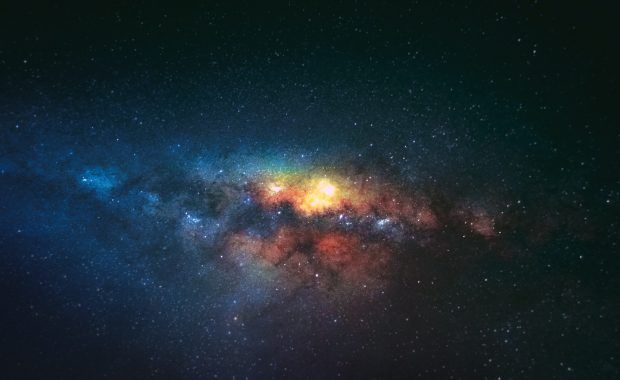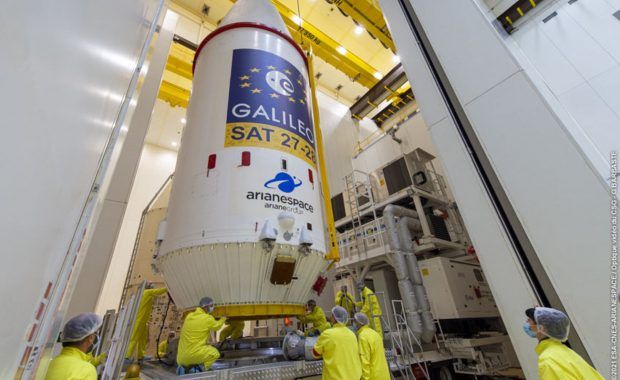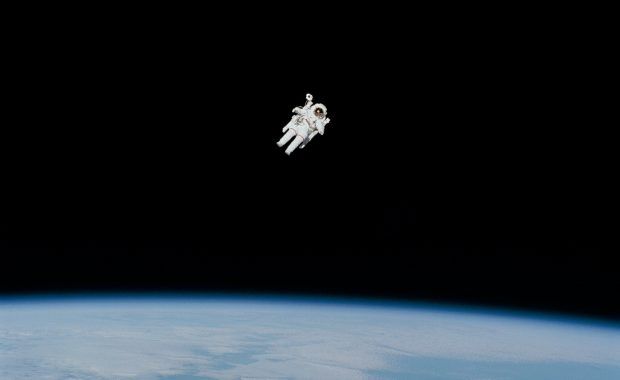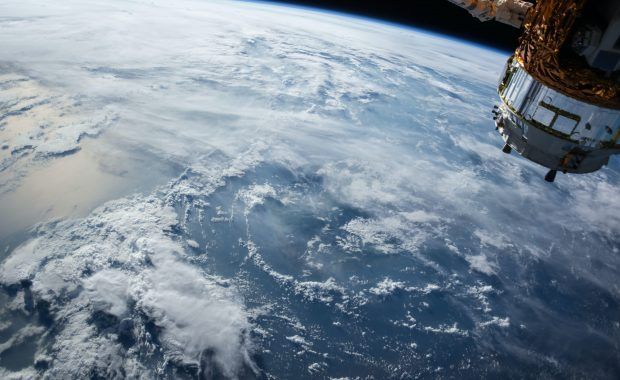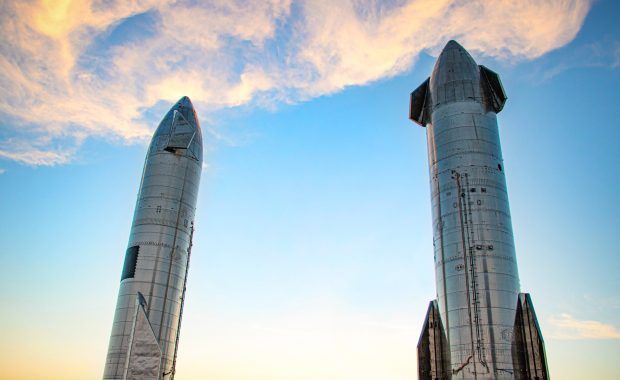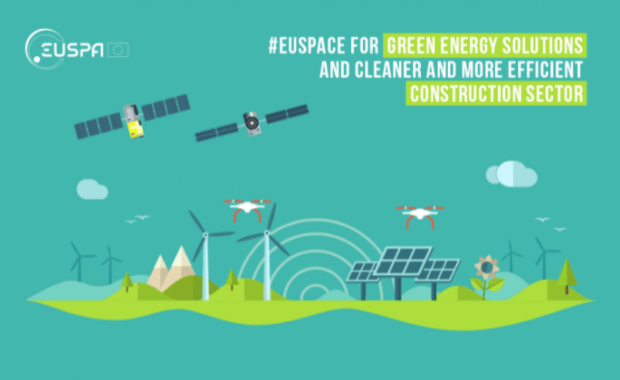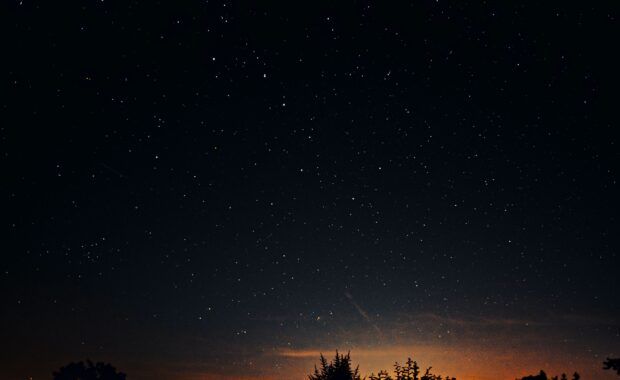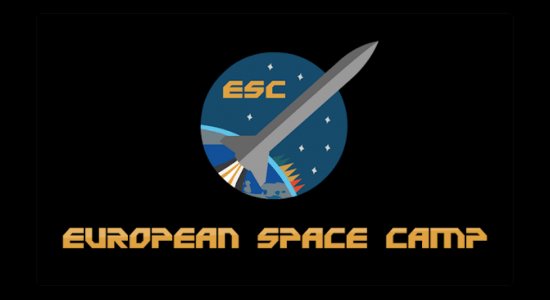Expected Outcome • Support the EU space policy and the green deal by paving the way for the deployment of a future EU Earth observation mission making use of quantum gravimetry • Ensure EU non-dependence for the development of capacities leading to the availability of quantum space gravimetry • Enhance the TRL of all (critical) […]
Galileo satellites given green light for launch
Europe’s next pair of Galileo, currently the world’s most precise satellite navigation system, serving more than two billion users around the globe, satellites have been given a green light for launch. Last Friday’s Launch Readiness Review confirmed that the satellites, the supporting ground installations, and the early operations facilities and teams are ready for lift-off […]
HORIZON EUROPE: Copernicus Atmosphere Monitoring Service evolution
Expected Outcome Project results are expected to contribute to the following expected outcomes: Enhanced quality and enhanced efficiency of the current service to respond respectively to policy and/or user requirements and to technological developments Development of efficient and reliable new product chains, calling for new paradigms in data fusion, data processing and data visualisation and […]
HORIZON EUROPE: New space transportation solutions and services
Expected Outcome Projects are expected to contribute to all of the following outcomes: Contribute to EU Green Deal objective through the reduction of the environmental impact of space transportation and to be prepared for the upcoming REACH regulations, especially with respect to the use of hydrazine and its derivatives, focussing on commercial market as a […]
HORIZON EUROPE: Education and skills for the EU space sector
Expected Outcome Projects are expected to contribute to the following outcomes: A structured overview of the educational offer in the EU, including continuing education for the EU space sector. Socio-economic analysis of the space-oriented student population and identification of gaps/shortcomings and excellences across the EU-27 and Associated Countries. Identification of the needs for education and […]
HORIZON EUROPE: Future space ecosystems: on-orbit operations, new system concepts
Expected Outcome Enable the industrialisation and new services in space by intelligent solutions and concepts, exploiting synergies with terrestrial sectors and cultivating an AppStore and Open-Architecture mentality. Therefore, automation, robotics and artificial intelligence (AI) especially in combination with standardisation, modularisation and digitalisation are key enablers, improving space systems and satellites’ flexibility and cost-efficiency, increasing sustainability and accessibility, introducing mass-customisation […]
Building a sustainable future with the power of #EUSpace
From monitoring the performance of solar panels with Copernicus to assessing heat loss of buildings with Galileo-enabled drones, #EUSpace keeps an eye on our continent‘s green infrastructure. Copernicus, Galileo, and EGNOS, when working in conjunction or -as standalone systems- are key assets to implementing green energy solutions and to making the construction sector more efficient. […]
Horizon 2020: Prize for ‘European Low-Cost Space Launch’
Specific Challenge The challenge is to develop a European technologically non-dependent solution for launching light satellites into Low-Earth Orbit (LEO), which will enable dedicated low-cost launches with committed schedule and orbit. The solution needs to be innovative, implementable, affordable in development and exploitation phases, and commercially viable. Applicants are required to take a holistic approach […]
European Space Camp 2021
The European Space Camp is a summer camp taking place in summer 2021 in Andøya Rocket Range, in Norway. High-school students worldwide, from 17 to 20 years old, interested in space and science, and having a background in physics and mathematics are invited to apply. They will spend a week doing technical experiments involved in a rocket […]

